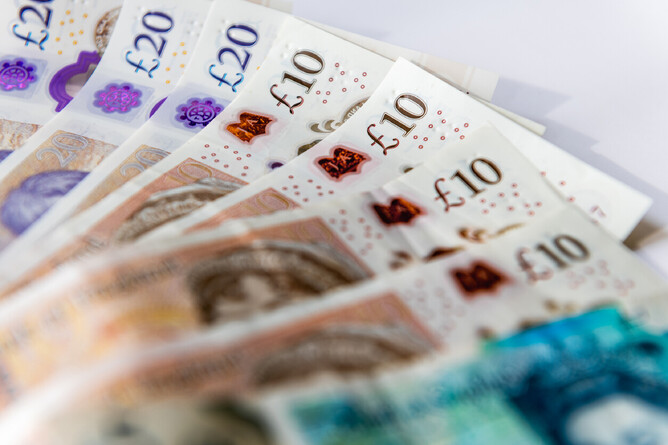As a sole trader, you're not just the captain of your ship; you're also the navigator of your financial course. While the freedom and flexibility of being a sole trader can be exhilarating, it also comes with a host of responsibilities, including managing your finances and understanding the tax implications of your decisions.
One question that often looms large in the minds of sole traders is, "Can I take money out of my sole trader bank account without incurring further taxes?”
So, let's set sail and explore the ways you can navigate your sole trader finances while keeping more of your hard-earned money in your pocket.
There are 3 types of business set up:
● Sole Trader
● Partnership
● Limited Company
As a sole trader you pay tax on profit made by your business, tax is based on profit, not money taken out of the business. If you need to take money out of the sole trader's bank account to cover a personal expense, you are free to do this.
What tax implications are there when a sole trader takes money out of the sole trader bank account?
A sole trader pays tax on profit. Profit is the difference between sales and expenses. A sole trader might make profit and take the entire profit out of the sole trader bank account to cover personal expenses, or you might decide to leave the money in the sole trader bank account to help with the cashflow of the business.
Either way you will not pay extra tax on money taken out of the business as drawings for yourself once you have paid the tax on profit.
What else should a sole trader consider before taking money out of the sole trader bank account to cover personal expenditure?
Cashflow is the concept of money flowing in and money flowing out of the business. Cashflow is different to profit. If you decide to take money out of the sole trader bank account, the thing to consider would be any up coming bills / wages / tax / vat / PAYE that might become due soon. If you remove money from the sole trader bank account, will you still have enough left in the account to cover any upcoming expenses.
What happens if the sole trader puts their own money into the business, is that money taxed as income?
If a sole trader puts their own money into the business bank account to help the business with cashflows, this money is called ‘Capital Introduced’ and is not taxed. This means a sole trader can take money out of the business bank account and then put it back without tax implications of that money leaving the business and then being put back.
Getting help from a Local Accountant in Stafford
Remember, seeking professional advice tailored to your specific situation is often a wise choice when navigating the waters of taxation and finance. Tax rules can change, and your unique circumstances may warrant specific considerations. Consult with a qualified accountant in Stafford or tax advisor to ensure that your financial strategy aligns with your long-term goals while keeping your tax obligations in check.
Reach out to us today and share your plans with us and we will light your journey.

